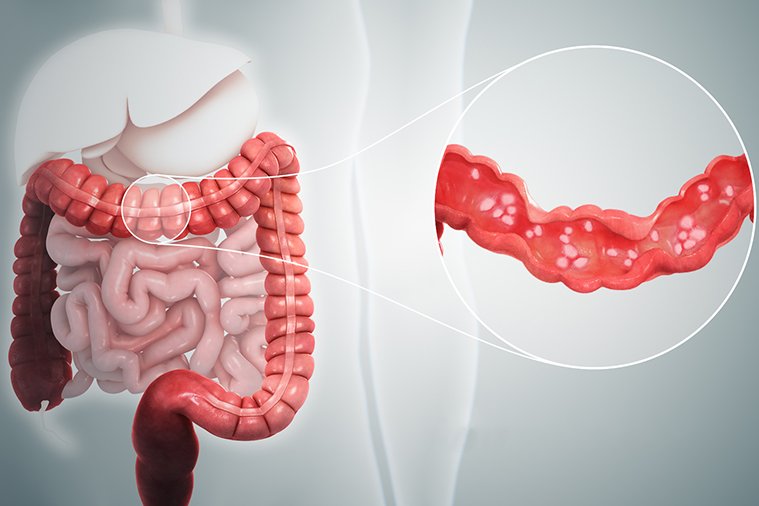
Inflammatory bowel disease (IBD), including ulcerative colitis (UC) and Crohn's disease (CD), is a chronic digestive condition that causes inflammation of the intestinal tract. The prevalence of IBD has been increasing rapidly in newly industrialized countries, including China. While the rate of new cases has stabilized in Western Countries, the overall burden of IBD remains high, with more than 0.3% of the population affected. IBD not only impacts individual health but also has significant financial consequences for patients, families, and society as a whole.
There are two main types of IBD:
- Crohn's disease: This can affect any part of the digestive tract, from the mouth to the anus, and often causes ulcers.
- Ulcerative colitis: This affects the colon and rectum, causing inflammation and ulcers.
Symptoms of IBD
- Abdominal pain and cramping
- Diarrhea
- Blood in your stool
- Fatigue
- Weight loss
- Nausea and vomiting
If you're experiencing these symptoms, it's important to consult a healthcare provider for a proper diagnosis and treatment plan.
What Causes IBD?
While the exact trigger remains unknown, researchers are investigating various factors that may contribute to its development:
- Genetic factors: IBD can run in families, but it can also occur randomly.
- Environmental factors: Geographic location and exposure to certain environmental factors may play a role.
- Immune factors: The immune system's response to bacteria and other substances in the gut may be involved.
Can IBD Affect Children?
Yes, IBD can affect children, and it is more common in teenagers than younger kids. Diagnosing IBD in children can be challenging, as they may not recognize or report symptoms.
Functional Medicine Approach to IBD Treatment
Functional medicine offers a holistic approach to treating IBD by addressing the underlying causes of intestinal inflammation. Here are the typical components of a functional medicine treatment plan:
- Dietary Analysis: Identifying foods that may trigger or worsen inflammation.
- Gut Microbiota Assessment: Analyzing the gut microbiome to identify imbalances and develop a targeted approach to restore gut health.
- Therapeutic Interventions: Incorporating therapeutic foods, herbs, and supplements to reduce inflammation and support overall gut health.
- Nutritional Optimization: Addressing nutritional deficiencies and developing a personalized diet and supplement plan to support healing.
Conclusion
Inflammatory bowel disease (IBD) is a chronic condition that can significantly impact a person's quality of life. While the exact causes remain elusive, a combination of genetic, environmental, and immune factors likely contribute to its development. Functional medicine offers a holistic approach to managing IBD by addressing the underlying causes and promoting overall gut health. Through dietary analysis, gut microbiome assessment, therapeutic interventions, and nutritional optimization, functional medicine can help individuals with IBD achieve improved symptoms, better quality of life, and potentially even remission.
Disclaimer: The information and other content provided in this blog, or in any linked materials, are not intended and should not be construed as medical advice, nor is the information a substitute for professional medical expertise or treatment. If you or any other person has a medical concern, you should consult with your healthcare provider.
